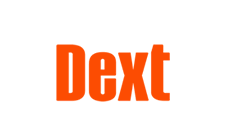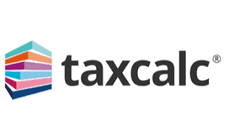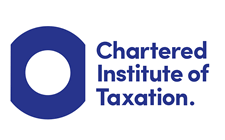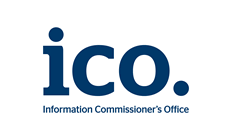Hidden MTD news in Spring Statement documents
Chancellor Rachel Reeves kept her pledge that there would be no more tax rises at the Spring Statement, but there are some important Making Tax Digital developments hidden away in the tax related documents. What do you need to know?

The timetable for Making Tax Digital for Income Tax Self-Assessment (MTD ITSA) includes mandating sole traders and landlords with revenue exceeding £50,000 from April 2026, then £30,000 the following year. The government has published a technical note alongside the Spring Statement documents that provide further details on the measures. The note includes the following key points:
- The mandation threshold will fall to £20,000 from April 2028 for sole traders and landlords;
- Exempting certain taxpayers from MTD, including non-UK resident entertainers and sportspeople with no other income sources;
- Deferring mandation from ministers of religion, Lloyds underwriters, and recipients of the married couples’ allowance (note that this is not the same as the marriage allowance, and is only relevant where one of the couple was born before 6 April 1935) and blind persons’ allowance until after the end of the current parliament;
- Confirmation that eligible software will be mandatory – there will be no filing service provided by HMRC for the end of year confirmation.
There is still no certainty of if and/or when taxpayers with income below £20,000 will be brought within MTD ITSA. The note simply says “As part of the ongoing rollout of MTD, the government will continue to explore how we can best bring the benefits of digitalisation to a greater proportion of the 4 million sole traders and landlords who have income below the £20,000 threshold.”
Related Topics
-
When will you have to register your new business for MTD?
The timetable for mandatory use of Making Tax Digital for Income Tax Self-Assessment (MTD ITSA) by existing businesses is well established. But when must you use MTD ITSA if you start a new business or create a new income stream?
-
EU law change for virtual events: how will it affect you?
Your business organises live events online, charging delegates a fee to attend. What are the rules about charging VAT and what changes took place on 1 January 2025 that will affect you if EU delegates attend your sessions?
-
Forthcoming changes to statutory sick pay
According to statistics from the Office for National Statistics (ONS), the rate of sickness absence fell to an average of 4.4 working days lost per worker in 2024, down from 4.9 days in 2023. Whilst this is good news for employers, forthcoming changes to statutory sick pay (SSP) are less good news. What do you need to know?









 This website uses both its own and third-party cookies to analyze our services and navigation on our website in order to improve its contents (analytical purposes: measure visits and sources of web traffic). The legal basis is the consent of the user, except in the case of basic cookies, which are essential to navigate this website.
This website uses both its own and third-party cookies to analyze our services and navigation on our website in order to improve its contents (analytical purposes: measure visits and sources of web traffic). The legal basis is the consent of the user, except in the case of basic cookies, which are essential to navigate this website.